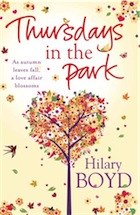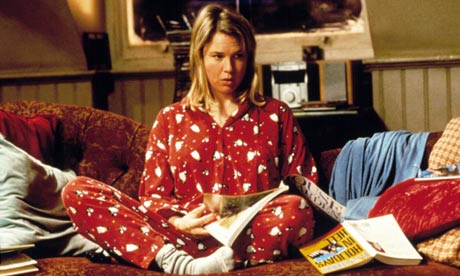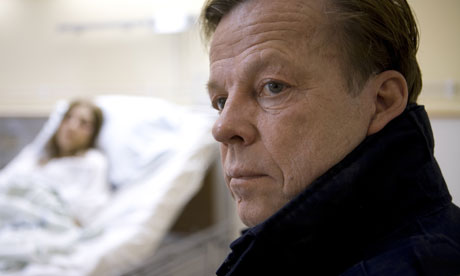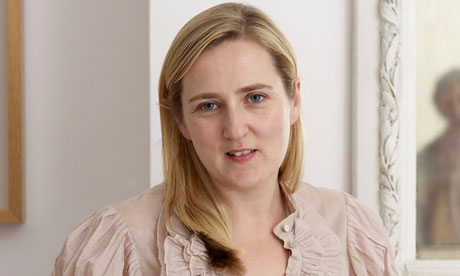Are you
running out of space for your books? Do you have books that you won’t read
again? Or books that you don’t even want to read?
Exchanging
books online may be a good idea to dispose of books you no longer need or get
those books you really want to read for free.
Here you have
a website that allows you to swap books with other users:
Book-mooch
is an on-line book exchange community founded by John Buckman in 2006.
Membership, which has grown to around 74,000 in over 90 countries, is open to
anyone and is free. About 500,000 book titles are available and about 2,000
books are swapped per day.
BookMooch
allows its users to exchange books using a points system. Members earn points
by adding books to their inventories, by sending books to other members and by
providing feedback when they receive books. The points earned can then be used
to “buy” books from other members. All books “cost” the same number of points,
with a multiple point surcharge for international mooches. Point exchange takes
place at the beginning of any transaction, allowing “currency” to circulate
quickly. Members may opt to send books only within their own country,
worldwide, or worldwide upon request.
(Source:
Wikipedia)
Here you
have an extract from Rachael Ray TV show about Bookmooch:
Why not give it a try?












